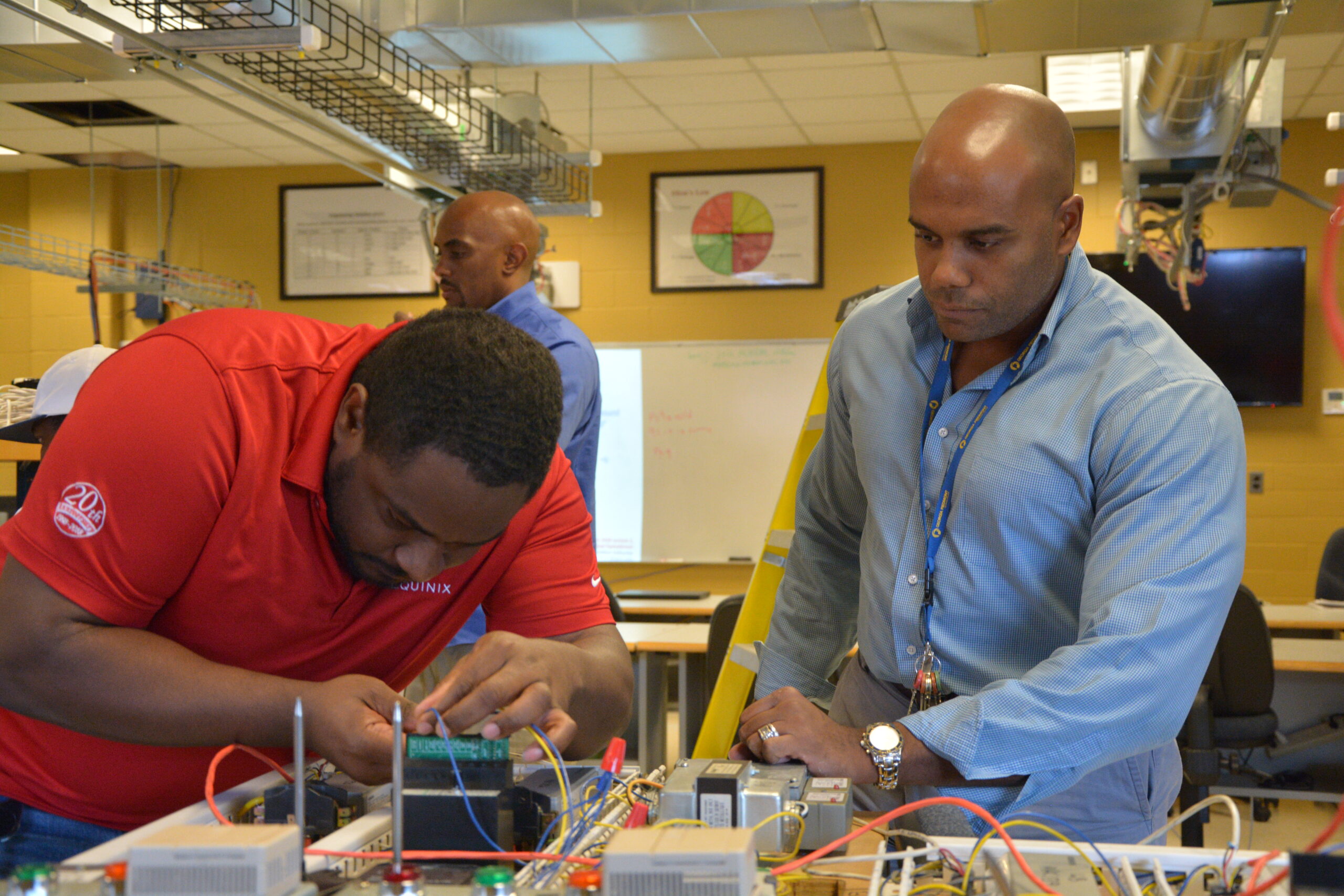
Adaptability critical for private equity
By: Felipe Rivas

2 min read October 2020 — Middle-market companies eyeing private capital investments in the technology, manufacturing, distribution and retail spaces, among others, during the COVID-19 era, will require flexibility and adaptability to emerge stronger in the new normal. The good news is that valuations remain steady and deals are expected to bounce back sooner rather than later.
“Overall, both buyers and sellers have adapted to the pandemic-related restrictions, as well as the additional hurdles that have emerged,” DHG’s Private Equity Managing Partner Scott Linch, told Focus: Atlanta. “Generally speaking, we haven’t seen a significant drop in valuations. It has just been a less efficient deal process.” Deal activity in Q2 declined significantly as a result of the initial pandemic-related shocks but saw an increase in Q3. “We expect deal activity to be strong in the fourth quarter due to pent-up demand and concerns over the impact of potential tax changes on sellers,” Linch said.
Dealing in the digital or remote landscape has not come without its fair share of challenges; however, professionals are adapting well. “Added flexibility is important to find times for all management teams, professional advisers and investors to be on virtual meetings,” Linch said. Months into working from home, the trend has highlighted new possibilities as virtual meetings yield complete transactions. “We are seeing transactions completed through solely virtual meetings where at the start we didn’t think that was possible,” he said.
The pandemic has also resulted in a longer period of time to close transactions, with some deals addressing pandemic impacts via “earn-outs or creative solutions to cover downside exposure,” Linch said. “Virtual meetings certainly made things move at a slower and more deliberate pace. The coordination and organization of processes simply involves more obstacles and getting to closing has not been quick or easy. Good businesses are still being sold and we’ve seen quite a few processes that were paused during the initial onset of the pandemic that are now picking up and we are hopeful that closing will occur prior to year-end. We are seeing increased deal flow at the end of 2020 as a result of delayed processes.”
While many companies are taking advantage of PPP loans, the loans are not impacting completed transactions, though deals are being structured to protect buyers from any associated liabilities. “The key takeaway and advice we have for our clients (buyers) is to ensure ample funds are left behind to cover the debt in case it is not forgiven, or add legal language to protect the buyer from debt payments post-closing to ensure any funds taken don’t end up as additional purchase price,” Linch said. Buyers should be aware of deferred payroll tax liabilities that may exist as a result of the CARES Act, he advised.
The pandemic-led disruptions have also propelled technology and digital presence to the top of the priority list for companies. “The crisis has driven retailers to have a larger and more efficient digital and online presence. If consumer product companies and retailers didn’t adequately shift channels in mid-March, they found a way to get there quickly,” Linch said. “We are seeing an increased focus on technology-enabled businesses that should drive businesses forward in the future. We have also seen businesses with products around the home, health and outdoor recreation segments thrive. During 2021, companies must continue to innovate, find unique ways to attract and retain customers and focus on safety and convenience.”
Going forward, cities like Atlanta and Charlotte are poised to meet the demands of businesses in the technology and manufacturing, distribution and retail spaces. “Atlanta and Charlotte are home to two of the largest home improvement companies in the United States, which have performed well during the pandemic. Many businesses are part of that supply chain and have benefited from the increased focus on home improvement activities. Atlanta and Charlotte are also ideal for distribution and logistics operations based on location, infrastructure and various transportation assets such as international airports, railroads and interstates,” said Linch.
During this unprecedented time for middle-market companies, information is vital. As part of its “Emerging Strong” webinar series, DHG is hosting “Private Equity Perspectives: Tech, Manufacturing & Distribution,” a discussion about 2020 from the private equity, technology and MDR (manufacturing, distribution and retail) perspectives. Featuring Scott Linch, and a seasoned team of industry leaders, the virtual event will happen on Oct. 15, 2020, from 1 p.m. – 2 p.m. EDT. In addition to Linch, participants are: Marcus Fariss, Managing Director, DHG Corporate Finance; Matt Williams, Vice President, Frontier Growth; and Kian Capital (panelist to be announced).
For more information, visit: https://www.dhg.com/event/private-equity-perspectives-tech-manufacturing-distribution
















